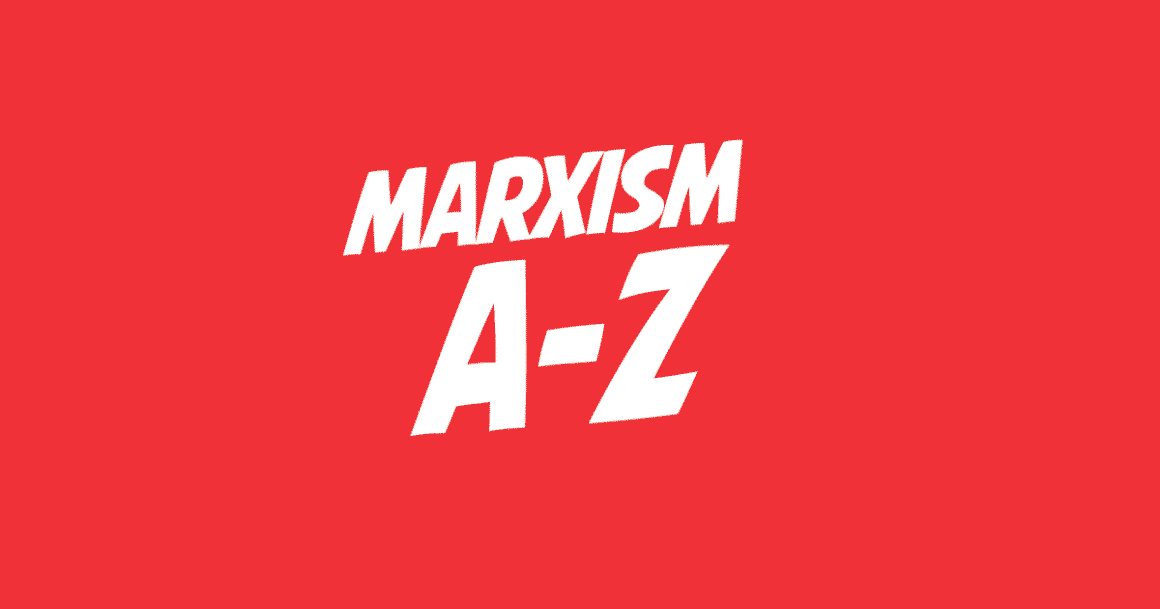

It is common sense to most people that democracy and dictatorship are completely opposed to each other. Dictatorship is bad because it excludes the population from political life and concentrates all power in the hands of a despot. Democracy is good because it makes political power accountable to the people.
As with most “common sense” political ideas this view hides the truth. Marxists make a distinction between forms of government and the class nature of the state. We always ask, “which class interests are served by the state?” If they are those of the capitalist class then, whatever its political form – parliamentary republic, constitutional monarchy or other – it is a capitalist state.
Every state in history has been an instrument in coercion, by which one class enforces respect for its property and secures its rule against resistance and revolt. Capitalist states – including those in which all citizens have the right to vote – exist to defend the rule and the property of a tiny handful of multi-millionaire exploiters.
In Britain – thanks to generations of struggle – all citizens have the right to vote and parliament is, formally at least, sovereign. But however preferable this may be to a military or fascist dictatorship, methods and structures are built into this system to ensure that the working class can never use it to take wealth and property from the exploiters.
MPs can make fine promises during elections, which they are then free to break, with no way for their electors to recall or replace them. An unelected House of Lords can delay and obstruct legislation. The monarchy retains real powers, including the right to veto laws, suspend Parliament, sack the Prime Minister, and declare war.
Election campaigns are dominated by a press owned by a handful of billionaires. TV stations are controlled by unelected trustees of the ruling class. They manufacture “public opinion” and then duly discover it fed back through opinion polls. These findings are then used to rule out of consideration all “extreme” or “offensive” views.
Real power does not rest in the parliamentary talking shop anyway and never has. Fundamental decisions concerning economic and political life are made in the boardrooms of the large banks and multinational industrial firms, by faceless civil servants and judges. The inner core of the state – the army, police and secret service – remain at all times firmly in the hands of the agents of the capitalist class itself.
Democracy means literally, “rule of the people”. But in a society divided into classes with directly opposed interests there is no possibility of the whole of the people ruling. For that reason Marxists describe Britain as a bourgeois democracy – a state in which the working class majority has won certain rights but the capitalist class continues to exercise a dictatorship over the economy.
This is why the belief that it is possible to introduce socialism through parliamentary means has always resulted either in disillusion, frustration or bloody failure.
That is why Marxists are revolutionaries. Whilst fighting for the fullest democratic rights under capitalism we recognise that to wrest society’s wealth from the ownership and control of the capitalist minority, the power of the military and the bureaucracy of the state will have to be broken up – smashed, as Karl Marx put it – by the violent action of millions of workers.
Then the working class can create a system that is infinitely more democratic for the overwhelming majority of the population.
The experiences of the Paris Commune in 1871 and that of the early years of the Russian Revolution after 1917, show that a proletarian democracy can be established. In place of a standing army we would have an armed population and a democratically organised working class militia.
Society would be ruled and administered by workers’ councils: assemblies of delegates elected in every workplace and locality. Each delegate would be subject to immediate recall if their actions proved unacceptable to their electors. Administrative tasks would be rotated to avoid the emergence of a permanent bureaucracy. No official could earn more than the average wage of a skilled worker, to prevent careerism and corruption taking hold.
This sort of state would be only “half” a state, since it would be made up of a large proportion of the armed population and thus unable to oppose and coerce the majority or demand privileges from it.
Yet even this form of working class democracy would continue to be a state, that is, an instrument of coercion and thus a dictatorship. Of course, this time not against the working class majority but against the capitalist minority; the working class has no need to conceal this fact.
It says openly and honestly that the capitalists would be denied the right to treat the means of production as private property, the right to sack workers, the right to control the media and the right to live in luxury while others do all the work. n